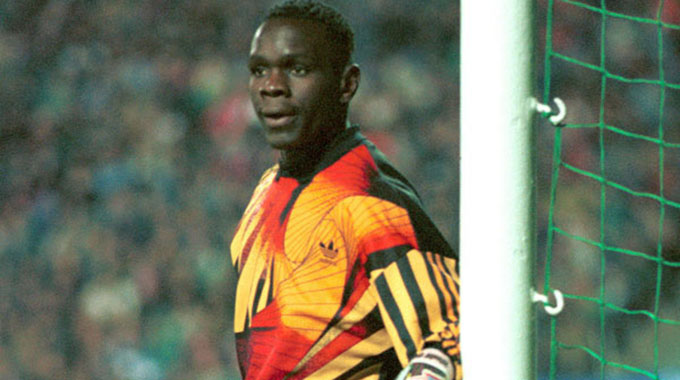What you need to know about hypertension

Loice Vavi
Health Matters
Defination
Hypertension is a condition in which the force of the blood against the artery walls is too high.
Usually hypertension is defined as blood above 140/90mmHg (millimetres of mercury) and is considered severe if the pressure exceeds 180/120mmHg.
OR it is a common condition in which the long term force of the blood against artery walls is high enough to cause heath problems.
Causes
It is idiopathic (there is no known cause for hypertension.)
Predisposing factors /risk factors.
Hereditary — It runs in the family.
Age — the risk of blood pressure increases with age because of degeneration of arteries or blood vessels.
Obesity or overweight — this leads to atherosclerosis which is the clogging or hardening of arteries or blood vessels caused by accumulations of fatty deposits thus cholesterol
Unhealthy life style choices such as not getting enough physical activities and poor eating habits.
Too much salt or sodium in diet — high salt diet disrupts the natural sodium in the body . This causes fluid retention which increases the pressure exerted by the blood against blood vessel walls
Using tobacco — the nicotine in cigarettes raise blood pressure and heart rate by narrowing arteries and hardens their walls and makes blood more likely to clot.
Race — hypertension is particularly common among Africans at an earlier age than it does in whites.
Drinking too much alcohol — heavy drinking can damage the heart.
Stress — high levels of stress can lead to temporary increase in blood pressure.
Stress related habits such as eating more or drinking alcohol can lead to further increase in blood pressure.
Too little potassium in diet — normal potassium levels are important for muscle functioning and it relaxes the blood vessels walls lowering blood pressure and protect against muscle cramping.
Certain health conditions such as diabetes mellitus and pregnancy (pregnant induced Hypertension.)
Signs and symptoms
There are no warning signs or symptoms even if the blood pressure readings reach dangerously high levels and many people do not know that they have increased blood pressure hence it is called “silent killer.”
Measuring blood pressure is the only way to know whether one has hypertension however, some people presents with headaches, shortness of breathe, dizziness , nose bleeding and sharp chest pain . Overtime if untreated, it can cause health conditions such as heart diseases and stroke.
Types of hypertension
Primary hypertension (essential) — abnormal blood pressure not related to any medical condition. This form of high blood pressure is often due to obesity, family history and unhealthy diet.
Secondary hypertension — It is the high blood pressure caused by other medical conditions . It affects kidneys, arteries, heart and endocrine system. It can also occur during pregnancy.
Management of hypertension
Hypertension should be controlled pharmacological by initiation of anti-hypertensive drugs of individuals with a confirmed diagnosis of hypertension and systolic blood pressure above 140mmhg and diastolic blood above 90mmhg.
Non-pharmacological management
Exercise regularly — engage in regular aerobic physical activity for 30 minutes thrice a week.
Weight reduction — maintaining a normal body weight can help prevent hypertension.
Adopt DASH or dietary approaches to stop hypertension — includes consumption of diet rich in fruits, vegetables and low fat dairy.
Reduce sodium intake to no more than 2,4g sodium per day.
Reduce alcohol intake to not more than 2 drinks per day in man and 1 in women and people who are lighter in weight.
Reduce stress, Quit smoking, Cut on caffeine, Do not add salt,
Complications
If hypertension is left untreated, it could progress to complications of different body organs which are but not limited to:
- Heart failure. With increased blood pressure, the heart pumps blood faster than normal resulting in weak heart muscle secondary to too much exertion.
- Myocardial infarction. Reduced oxygen due to constriction of blood vessels.
- Renal failure. Blood carrying oxygen and nutrients could not reach the renal system because of constricted blood vessels
4.Impared vision. Ineffective peripheral perfusion affects the eye, causing problems in vision because reduced oxygen supply.
- Cardiovascular accident/stroke. A Medical emergency resulting inbrain damage from interruption of its blood supply.
NOTA BENE
Hypertension can not be treated but it can be controlled.
For questions and suggestions contact Loice Vavi, 0772224231







Comments